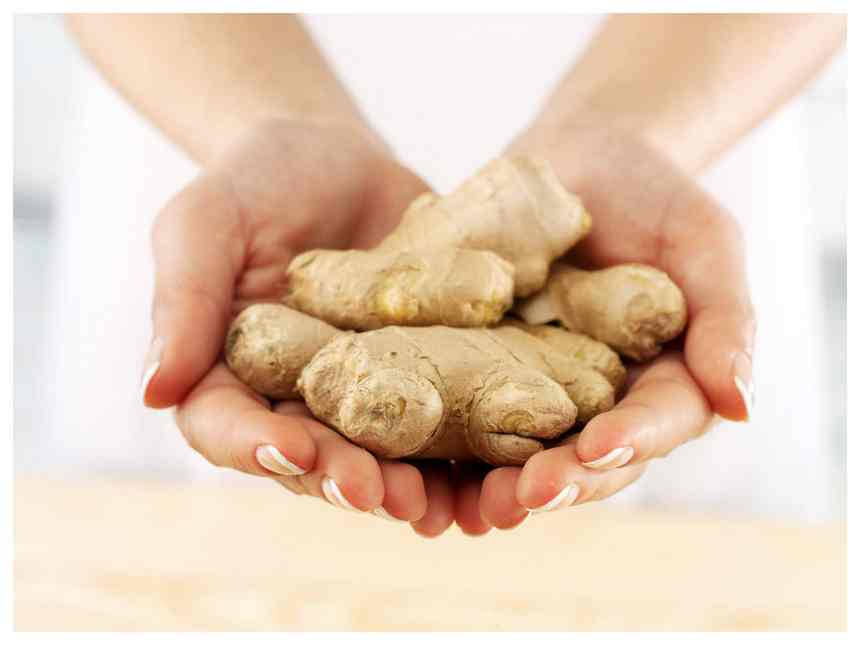Everyone wants to age gracefully—and we know how to do it. Follow along with Live Well for beauty tips, exercise routines, and lifestyle changes to make as the years go by. Together, they'll make aging simple, which gives you more time to embrace each moment.
At the start of every cold and flu season, we spend ample time worrying about the strength of our immune systems. This year, the COVID-19 pandemic will only add to these concerns. Though the general consensus is that the younger you are, the stronger your immune system is, it's not fully factual. With that in mind, we chatted with a couple doctors to determine what exactly happens to your immune system as you age. Ahead, they share their answers.
Related: The Best Vitamins and Supplements to Boost Your Immune System
 Credit: Getty / 10’000 Hours
Credit: Getty / 10’000 Hours
Line of Defense
First things first: What does your immune system actually do? "It is your body's defense system against foreign invaders like bacteria, parasites, and viruses, to name a few," explains Dr. Tamika Henry, MD, MBA, an Unlimited Health Institute functional medicine practitioner. When this defense system is weak, your body cannot protect you against foreign invaders, adds internal medicine doctor Dr. Mary Clifton—and it can become that much easier to catch the common cold.
Aging and Immunity
According to science, our immune systems decline over time. Dr. Clifton notes that it comes down to our T cells, the cells that help the body identify infection. While your number of T cells won't decrease as you age, their function does. What's more, macrophages—"front-line soldiers of the immune system that ingest invaders," explains Dr. Clifton—don't work as quickly as they used to. Dr. Henry, however, maintains that increased age doesn't necessarily equate to decreased immunity, especially if you proactively work to strengthen this system.
Powering up
Your first thought may be to reach for supplements. While these pills and powders are undoubtedly a helpful piece of the puzzle, Dr. Henry reminds us that supplements are just that—supplemental to everything else you're doing to maintain a healthy body. "Don't place all your hope on improving your immune system with supplements," she says. Instead, focus on the other pieces of the puzzle, like sleep, diet, stress, and exercises. "What's your family medical history? Are there toxins in your environment?" Dr. Henry asks. Strengthening your immune system, she says lies within the answers to these questions—or, rather, how you change your life as a result of your answers.
If you are interested in introducing supplements into your routine, Dr. Henry suggests glutathione, vitamin C, probiotics, vitamin D, vitamin A, quercetin, zinc, and selenium. Dr. Clifton, however, says to talk with your doctor before adding any new vitamins into your routine, since they might be able to point you towards the most effective iteration for you. "Targeted strengthening can support a healthy immune system, while generalized stimulation can sometimes lead to the development of an autoimmune disease or an overly ambitious immune response," she cautions. "In turn, it can contribute to problems caused by an overzealous production of mucous or an uncomfortably high fever."
The Takeaway
Yes, our immune systems decline as we age—but not as rapidly as you might think. It's important to understand that there are so many variables in this equation. "Between a 30-year-old and an 80-year-old, whose immune system would you take?" Dr. Henry asks. "Your knee jerk response would be the 30-year-old, just because the 80-year-old has lived a longer life. But, if I told you that this 30-year-old eats unclean, doesn't sleep, and has been in and out of the hospital, and the 80-year-old has never been in the hospital, eats clean, exercises, is not taking any prescription medications, and teaches tai chi, would you still choose the 30-year-old immune system?"
Her point? The immune system is complex and dependent on a multitude of factors—and, as a result, is not something to worry about exponentially as you age. "You must consider the whole picture," Dr. Henry says. "You are impacted by sleep, relationships, food, stress, exercise, medications, the environment, and genetics." Use that newfound knowledge to implement an immune-boosting lifestyle. No matter your age, your body will thank you.








